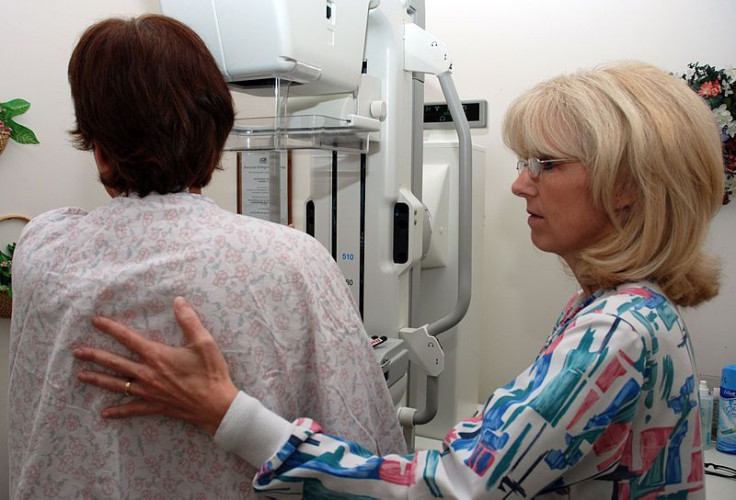What Are The Risks Of Cancer Screenings? Doctors Rarely Discuss Cons Of Sometimes Invasive Procedures

When doctors tell their patients about cancer screenings, many may focus on the benefits rather than the risks associated with these procedures. A new study done by researchers at the Max Planck Institute for Human Development in Berlin has found that not many people are aware of the potential negative side effects of cancer screenings.
Researchers became interested in the level of awareness among patients of cancer screenings because “[u]sually when you talk to your doctor, you only learn about the benefits,” Odette Wegwarth, lead author of the study, told Reuters Health. “Nobody questions whether there could potentially be any harm.”
Cancer screening is a process to check for cancer before any symptoms occur, in people who are seemingly healthy. They are used primarily to catch cancer before it becomes apparent so it can be treated early. There are various types of cancer screenings depending on where the person is being tested: a mammogram is used to screen for breast cancer, while a Pap test is used to check for cervical cancer. With a Pap smear, doctors can check patients' cells to see if there are any abnormalities or if they have human papillomavirus (HPV), a risk factor for cervical cancer.
However, cancer screenings may be erroneous and can lead to overdiagnosis and overtreatment that involves biopsies, surgeries, radiation, and drugs that have side effects. One of the main issues with screening for breast cancer lies in the possibility of getting a false-negative, according to the National Cancer Institute (NCI), or getting results that seem to be normal even though breast cancer is actually present. One in five cancers could possibly be missed by mammography, according to the NCI. On the other side of the spectrum, there’s the chance that a false-positive may occur, leading to follow-up tests like biopsy with their own risks and complications.
In the study, Wegwarth examined 317 Americans in their 50s and 60s who had been convinced by their doctors to undergo cancer screenings but had not been diagnosed. The researchers found that 30 of the adults, about one in 10, had been informed about risks like overdiagnosis and overtreatment by their doctors. The others surveyed were not, but about 80 percent of them wanted to be told about the possible risks.
"Many doctors themselves may be vaguely aware of the concept of overdiagnosis, but unaware of the magnitude or unable to quantify the risk," healthy policy researcher David Howard of Emory University told Reuters Health. "I can also imagine physicians being wary of introducing the topic because it also prolongs the visit … and out of concern that patients might not be able to understand it." Though the research highlights the potential downsides of screenings, it's important to note that it does not necessarily mean that the risks outweigh the benefits of these procedures.
The National Cancer Institute provides fact sheets about cancer screenings, and suggests for patients to ask the doctor plenty of questions before screening, including whether the test hurts, if there are any risks, how soon after the test will the patient learn the results, and which tests the doctor recommends. Wegwarth believes that patients need to ask the right questions before going into cancer screenings. "It's probably really difficult to make people understand that the screening they believe in can be sometimes bad too," she told Reuters Health. "They believe in what they have been taught and told."



























